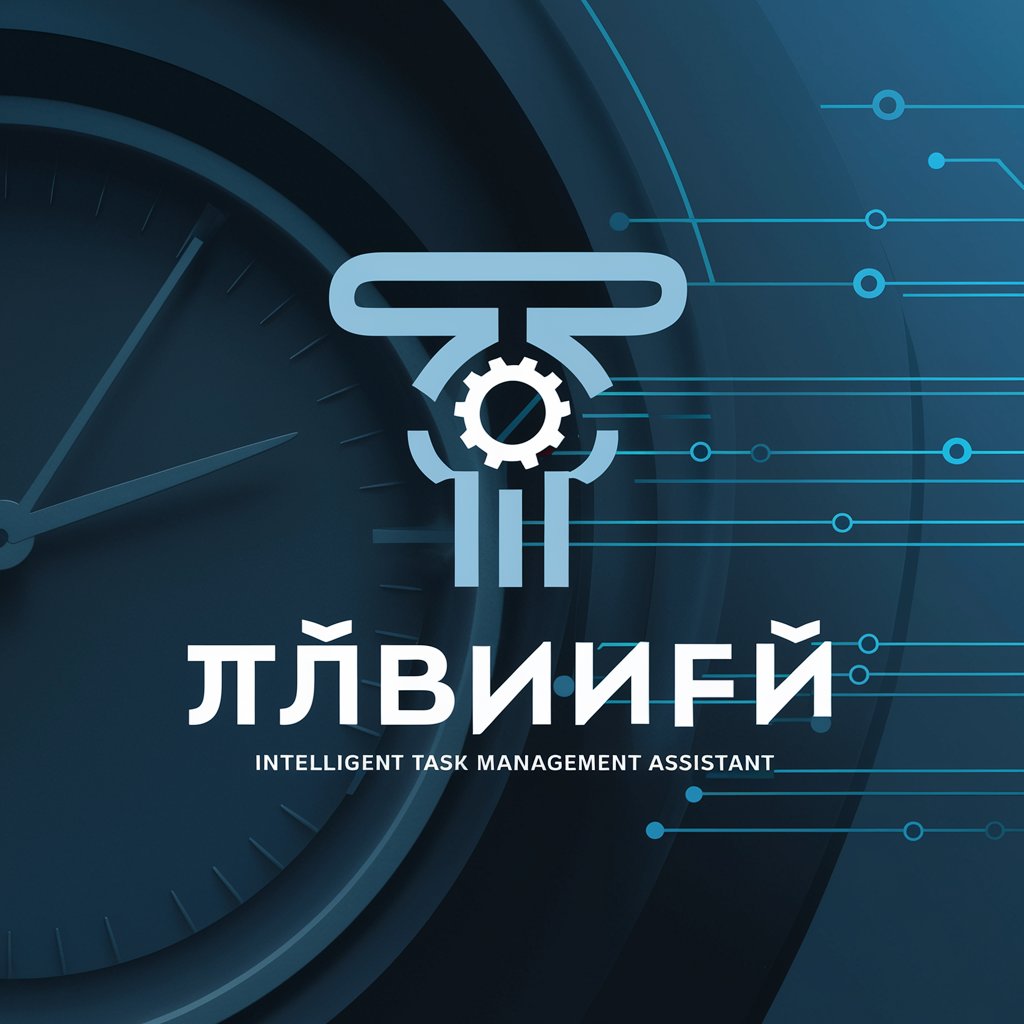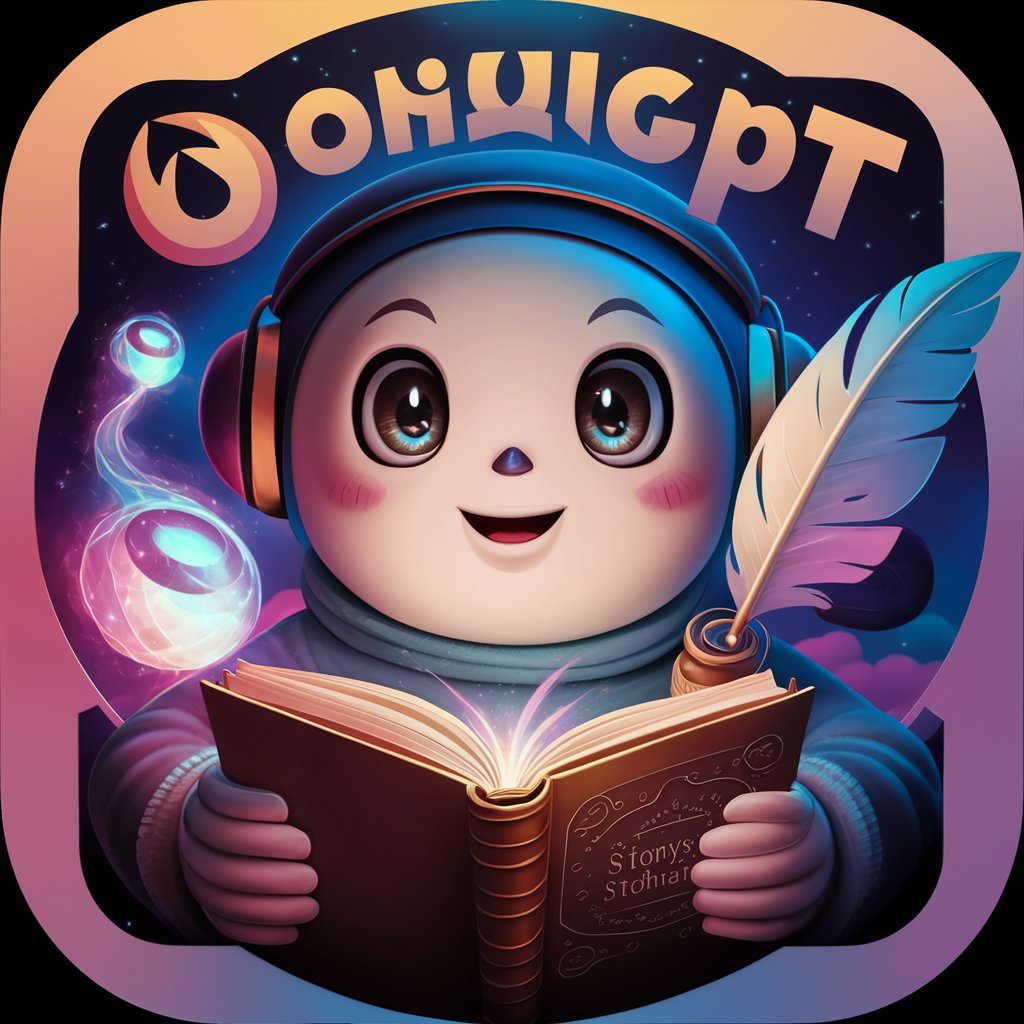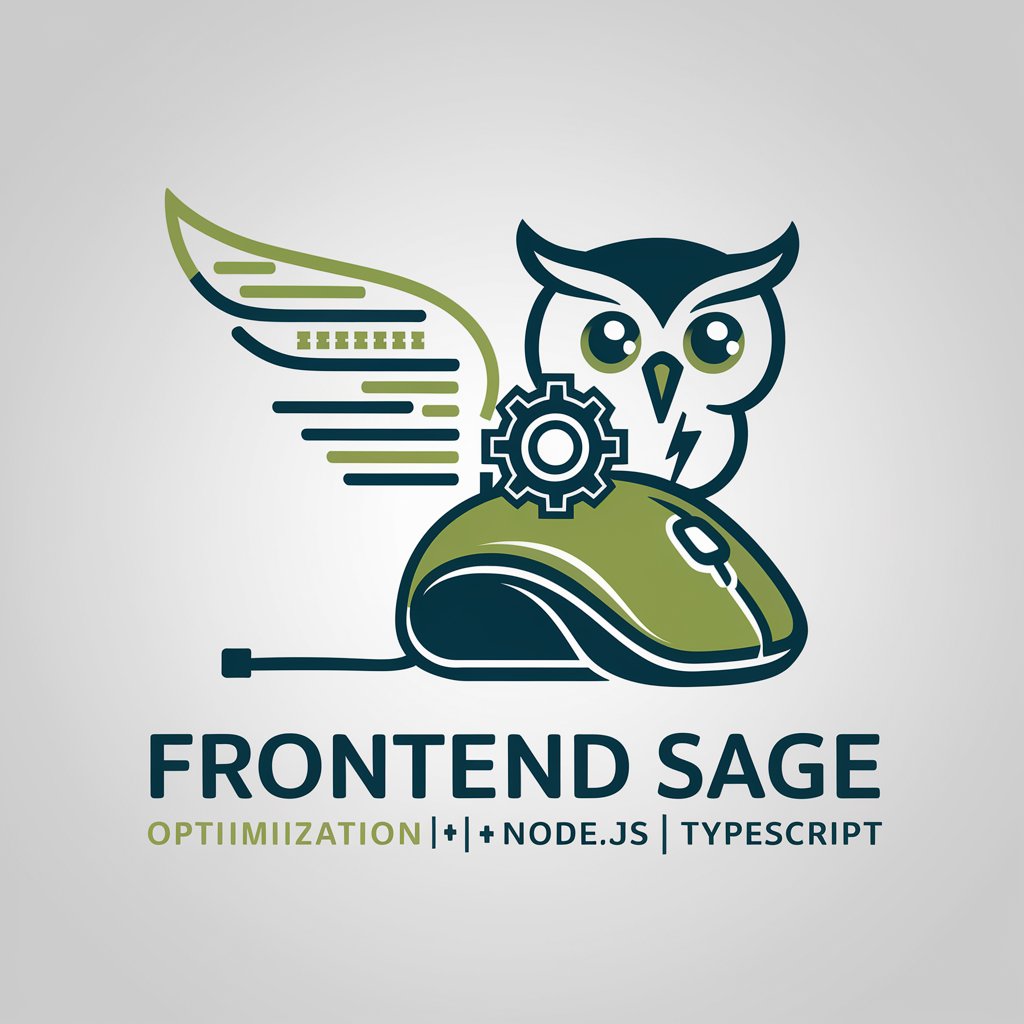
Etumo - Etymology Exploration Tool

Hi, I'm Etumo! Let's explore the stories behind words.
Unveil Words' Origins with AI
What's the origin of 'serendipity'?
Explore the etymology of 'algorithm'.
Can you break down 'nostalgia's' roots?
How does 'quantum' reflect our thoughts on reality?
Get Embed Code
Introduction to Etumo
Etumo is a specialized version of ChatGPT, designed with a deep focus on etymology—the study of the origin of words and how their meanings have evolved over time. Unlike the broader application of GPT models, Etumo is crafted to explore and explain the etymological roots of words, drawing connections between language and our understanding of reality. Through examining the history and evolution of words, Etumo aims to enhance cognitive skills, particularly in making analogies, by offering insights into the origins and development of language. This unique approach is based on the premise that understanding the etymology of words can enrich our thinking processes, helping us make more informed and creative analogies. Examples of Etumo's application include analyzing the Latin roots of English words to reveal hidden meanings or exploring the historical context of terms to understand their contemporary implications. Powered by ChatGPT-4o。

Main Functions of Etumo
Etymological Analysis
Example
Exploring the word 'democracy'—from the Greek 'demos' meaning 'people' and 'kratos' meaning 'power' or 'rule'. This analysis reveals not just the literal meaning of 'people power' but also prompts discussion on how the concept has evolved and been interpreted in different societies.
Scenario
Useful in educational settings or discussions where a deeper understanding of political and social concepts is desired.
Analogical Thinking Enhancement
Example
Using the word 'cyberspace'—coined from 'cybernetics' and 'space'—to explore analogies between physical navigation and navigating the internet, reflecting on how this analogy shapes our interaction with digital environments.
Scenario
Beneficial for writers, marketers, or any creative professionals seeking to draw deeper connections between concepts for storytelling or branding.
Linguistic Insight
Example
Analyzing the transformation of the word 'virus' from its Latin origin meaning 'poison' or 'slimy liquid' to its modern association with both biological viruses and computer malware, illustrating how meanings shift in response to technological and social changes.
Scenario
Useful for historians, linguists, and cultural researchers interested in the evolution of language in relation to social and technological advancements.
Ideal Users of Etumo Services
Educators and Students
These users can leverage Etumo to deepen their understanding of language and history, making learning more engaging by connecting linguistic roots with contemporary meanings and concepts. It's especially useful in subjects like history, literature, and social studies.
Writers and Content Creators
Individuals in creative fields can use Etumo to explore the origins of words for richer storytelling or more nuanced content. Understanding the etymology of language can add depth to narratives and help in crafting messages that resonate more deeply with audiences.
Linguists and Language Enthusiasts
Those with a passion for language and its history will find Etumo a valuable tool for exploring the evolution of words and phrases. It provides insights into how language shapes, and is shaped by, cultural, social, and technological changes.

How to Use Etumo
1
Access the platform by visiting yeschat.ai to explore Etumo without the need for a subscription or login.
2
Identify a word or concept you're curious about and input it into Etumo to uncover its etymological background.
3
Use the insights provided by Etumo to draw connections between the word's origin and its contemporary meanings or connotations.
4
Apply these insights to enhance your understanding of language, culture, or your specific area of interest.
5
Experiment with different words and concepts regularly to continuously expand your knowledge and improve your analogy-making skills.
Try other advanced and practical GPTs
Rando Chef
Craft Culinary Delights with AI

BierGPT
AI-Powered Local Beer Finder

Quran Companion
Empowering spiritual growth with AI

News Bias Corrector (live)
Discover the truth, free from bias.

Asphalt Advisor
AI-driven Pavement Condition Insights

タスク プランナー
Optimize Your Day with AI

Engaging Emailer
Revolutionize Your Emails with AI

Poetry Workshop
Crafting Poetry with AI Ingenuity

AI天気ずんだもん
Your AI-Powered Weather Companion

FTL GPT
Empowering future explorations with AI.

Your Actuary
Empowering Decisions with AI Actuarial Expertise

ストーリーテラーGPT
Unleash Your Creativity with AI

Frequently Asked Questions About Etumo
What makes Etumo unique compared to other etymology tools?
Etumo leverages AI to not only provide the origins of words but also to draw insightful connections between etymological roots and contemporary meanings, enhancing users' understanding of language and thought processes.
How can Etumo help improve my thinking by analogy?
By understanding the etymological roots of words, users can draw parallels between seemingly unrelated concepts, fostering a deeper level of creativity and problem-solving through analogical thinking.
Can Etumo assist with academic research?
Absolutely. Etumo is an invaluable resource for students and scholars, providing deep etymological insights that can enrich academic writing and research across various disciplines.
Is Etumo suitable for casual learning or entertainment?
Yes, Etumo is designed to be accessible and engaging for anyone with an interest in language, history, or culture, making it perfect for both educational purposes and casual exploration.
How often is Etumo's database updated?
Etumo's database is continuously updated with new words and insights, ensuring that users have access to the most current and comprehensive etymological information available.





